Table of Contents
Introduction
The world of technology is constantly changing, and IT professionals need to be able to adapt to these changes in order to stay ahead of the curve.
The IT industry is one of the most rapidly changing industries in the world. New technologies are emerging all the time, and businesses are constantly looking for ways to use technology to improve their operations. This means that IT professionals need to be constantly learning and upskilling in order to stay relevant in the job market.
In this article, we will explore the top 10 IT skills in demand for 2025 and discuss the essential competencies that IT professionals must possess to remain competitive in the industry. We will also provide some tips for IT professionals who want to stay ahead of the curve.
The Top 10 IT Skills in Demand for 2025
1. Artificial Intelligence (AI) and Machine Learning (ML)
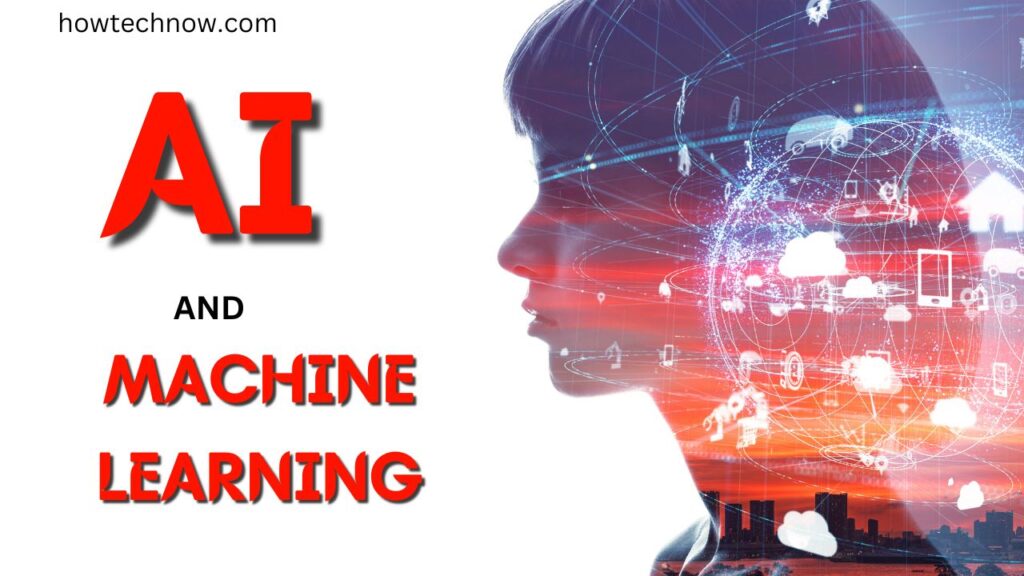
AI and ML are transforming the way businesses operate. They are already being used to automate tasks, improve decision-making, and personalize customer experiences. In the years to come, AI and ML will become even more important, as businesses look for ways to use these technologies to gain a competitive edge.
IT professionals with skills in AI and ML will be in high demand. These professionals will be able to help businesses develop and deploy AI and ML solutions. They will also be able to help businesses understand the potential of these technologies and how to use them to achieve their goals.
AI and ML are no longer just buzzwords. They are foundational technologies that are being used by businesses all over the world. If you are an IT professional who is interested in these technologies, I encourage you to learn more about them.
2. Cybersecurity and Ethical Hacking

Cybersecurity is a top priority for organizations in 2025. As technology advances, so do cyber threats. In 2025, businesses will be more reliant on technology than ever before, making them even more vulnerable to cyber attacks. IT professionals with expertise in cybersecurity will be responsible for protecting sensitive data, systems, and networks from unauthorized access, data breaches, and other cyber-attacks.
Ethical hackers play a crucial role in identifying vulnerabilities and strengthening security measures. These professionals use their knowledge of hacking techniques to find and fix security flaws in computer systems. They also help organizations develop and implement security policies and procedures.
By working together, IT professionals and ethical hackers can help organizations protect themselves from cyber threats. This is essential in today’s digital age, where businesses are constantly under attack.
3. Cloud Computing
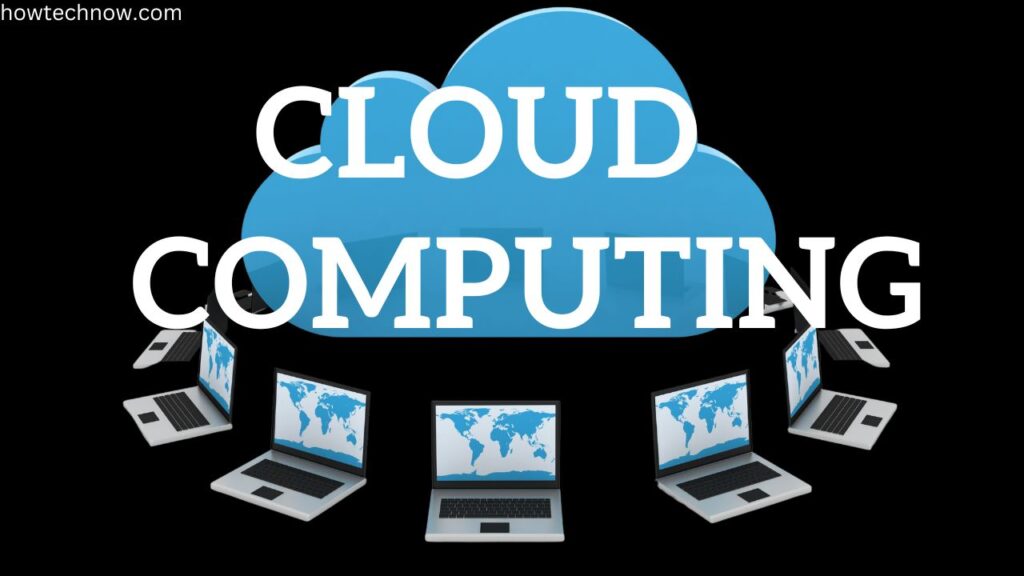
Cloud computing is a rapidly growing field, and IT professionals with skills in cloud platforms will be in high demand in 2025. Cloud computing offers a number of benefits, including flexibility, scalability, and cost-efficiency. As more businesses move to the cloud, the demand for IT professionals who can help them adopt and manage cloud-based solutions will increase.
Some of the most popular cloud platforms include Amazon Web Services (AWS), Microsoft Azure, and Google Cloud Platform. IT professionals who are skilled in these platforms will be well-positioned for success in the cloud computing market.
Strong soft skills, like communication and teamwork, are essential for collaborating on complex cloud projects. The future of cloud computing is bright, promising abundant career opportunities for skilled IT professionals. Online courses and certifications can help you kickstart a rewarding career in cloud computing
4. Data Science and Analytics
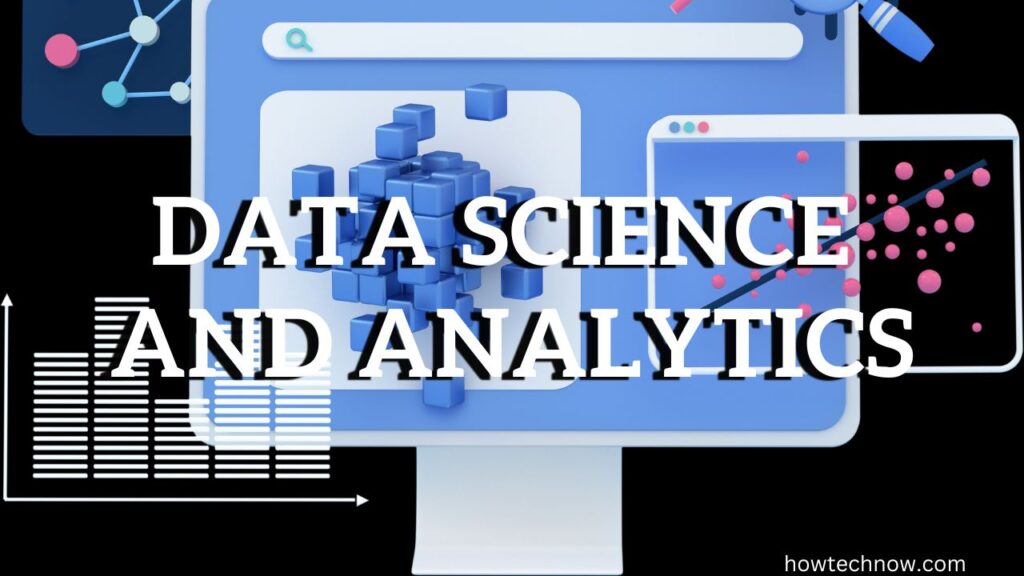
Data science is the process of extracting valuable knowledge and insights from data. In 2025, organizations will increasingly rely on data-driven decision-making, leading to high demand for data scientists. These professionals analyze data, create statistical models, and visualize complex datasets to provide useful insights.
Here are some tasks data scientists perform:
- Collect data from various sources.
- Clean and prepare data for analysis.
- Develop statistical models for data analysis.
- Create visualizations to make data easier to understand.
- Communicate analysis results to stakeholders.
Data scientists are in demand because they possess the skills to improve business decisions. They can help businesses identify trends, optimize processes, and improve customer experiences.
5. Blockchain Technology

Blockchain is a secure, transparent, and decentralized technology that is disrupting several industries. IT professionals with blockchain development skills will be in demand to transform sectors like finance, supply chain, and healthcare.
Here are some of the benefits of blockchain:
Security: Blockchain is not controlled by any single entity, making it more secure and resistant to fraud.
Transparency: All transactions on the blockchain are recorded and visible to everyone, making it a more transparent and accountable way of doing business.
Immutability: Once a transaction is recorded on the blockchain, it cannot be changed, making it a more secure way to store data.
Blockchain can be used to track and secure financial transactions, track the movement of goods, and store and share medical records.IT professionals with blockchain development skills will be in demand to help businesses adopt and use this technology.
6. Internet of Things (IoT)
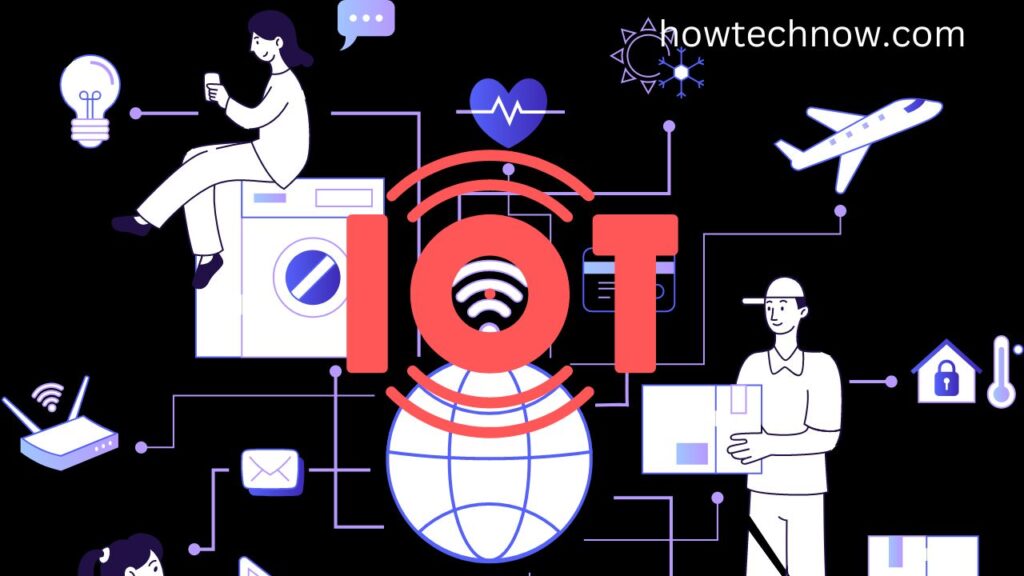
The Internet of Things (IoT) is rapidly transforming industries, and its growth is expected to escalate in 2025 with billions of interconnected devices. IT professionals with IoT skills will be highly sought after to develop and manage IoT infrastructure, ensure data security, and harness IoT-generated data for insights and innovation.
Benefits of IoT:
- Improved Efficiency: IoT automates tasks and gathers data to enhance decision-making and boost overall efficiency.
- Increased Safety: IoT monitors equipment, offering early warnings for potential issues, thus improving safety measures.
- Enhanced Customer Experience: IoT provides personalized recommendations and services to enhance the customer experience.
IT professionals with IoT expertise will be in high demand to guide businesses in adopting and utilizing this transformative technology. They must possess a strong understanding of IoT and the ability to develop and manage IoT applications effectively.
7. UI/UX Design

User Interface (UI) and User Experience (UX) design are essential for creating digital products and services that are user-friendly and engaging. In 2025, exceptional UI/UX design will be critical for businesses to stand out in a competitive market.
Here are some of the benefits of good UI/UX design:
- Increased user satisfaction: Users are more likely to use a product or service if it is easy to use and navigate.
- Improved conversion rates: Good UI/UX design can help businesses increase conversion rates by making it easier for users to complete desired actions.
- Enhanced brand reputation: A good user experience can help businesses build a positive brand reputation and attract new customers.
In 2025, IT professionals with strong design skills will be in high demand. Their role will involve creating visually appealing and user-friendly interfaces by applying principles of human-computer interaction (HCI).
8. Quantum Computing
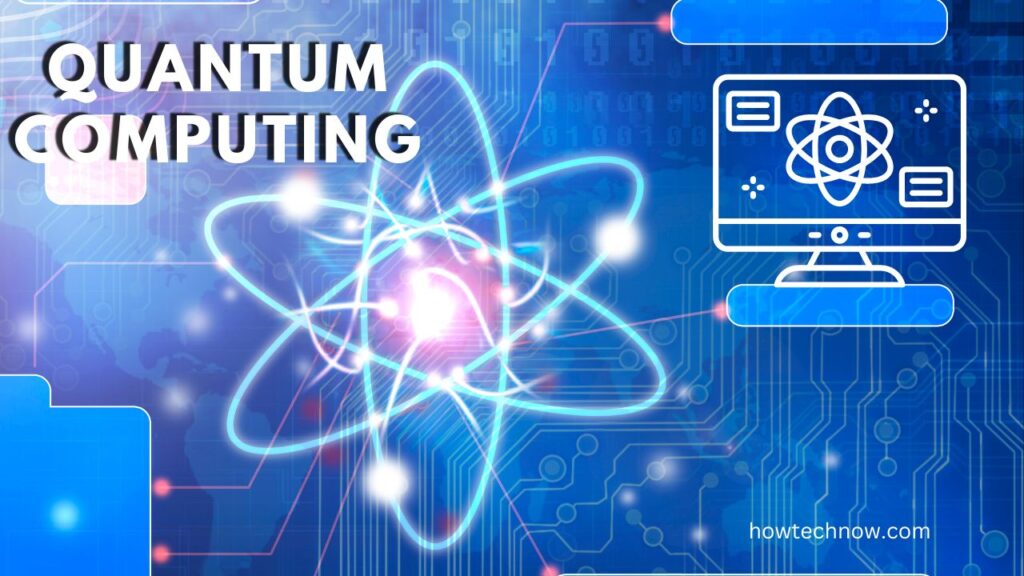
Quantum computing is a rapidly developing field that uses quantum mechanics to perform complex calculations. Although still in its early stages, quantum computing has the potential to revolutionize many industries.
Quantum computers use quantum bits, or qubits, to store and process information. Qubits can exist in multiple states at the same time, which allows them to perform calculations that are exponentially faster than traditional computers.
Quantum computing has the potential to revolutionize many industries, including:
- Cryptography: Quantum computers could be used to break current encryption algorithms, which could have a significant impact on cybersecurity.
- Drug discovery: Quantum computers could be used to simulate the behavior of molecules, which could help scientists to develop new drugs more quickly and efficiently.
- Optimization: Quantum computers could be used to optimize complex systems, such as supply chains or transportation networks.
IT professionals who are exploring quantum computing will be at the forefront of this revolutionary technology. These professionals will need to have a strong understanding of quantum mechanics, as well as the ability to design and implement quantum algorithms. They will also need to be familiar with the hardware that is used to run quantum algorithms.
The future of quantum computing is bright. As the technology continues to develop, quantum computers will become more powerful and accessible. This will open up new possibilities for businesses and organizations, and it will have a significant impact on the way we live and work.
9. DevOps
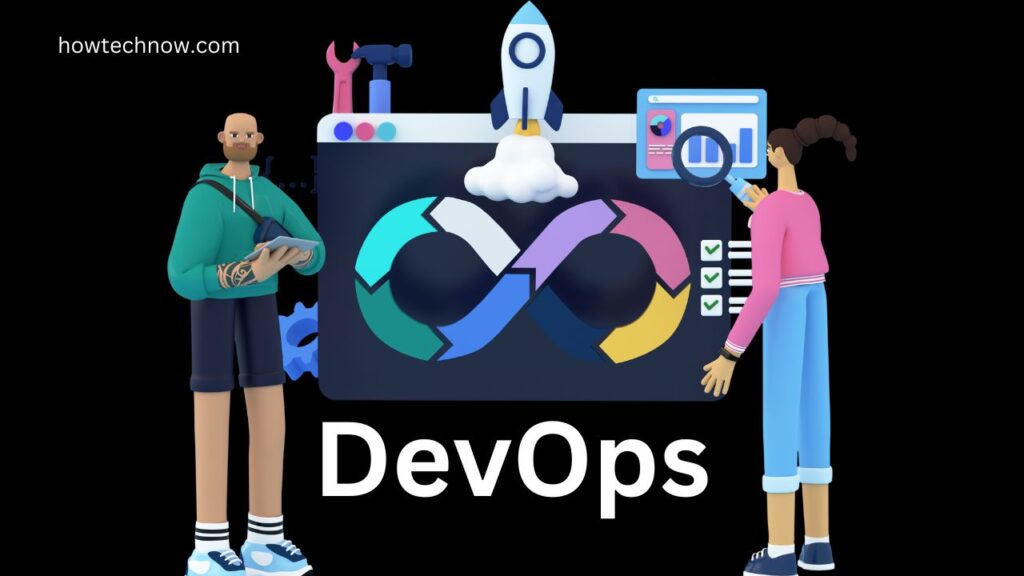
DevOps is a set of practices that combines software development and IT operations. It helps businesses to deliver software updates and new features quickly and efficiently, adapt to new challenges, and collaborate more effectively. As businesses become more reliant on technology and adopt new technologies like cloud computing and IoT, the demand for DevOps skills will continue to grow.
Here are some of the benefits of DevOps:
- Increased speed and efficiency: DevOps can help businesses to deliver software updates and new features more quickly and efficiently.
- Improved agility: DevOps can help businesses to adapt to new challenges more quickly.
- Enhanced collaboration: DevOps can help teams to collaborate more effectively.
DevOps is a rapidly growing field, and there is a high demand for DevOps professionals. If you have the skills and experience in DevOps, you will be in high demand by businesses.
10. Soft Skills
In addition to technical skills, IT professionals also need to have strong soft skills like adaptability, time management, and leadership. These soft skills complement their technical abilities and contribute to their overall effectiveness in the workplace. By embracing a well-rounded skill set, IT professionals can excel in collaborative projects, communicate with stakeholders effectively, and adapt to the dynamic demands of the modern IT industry.
Hope this article was helpful!
You might also like :
What Will Happen if Robots Take Over the World?
Which is Better Artificial Intelligence or Human Intelligence?
